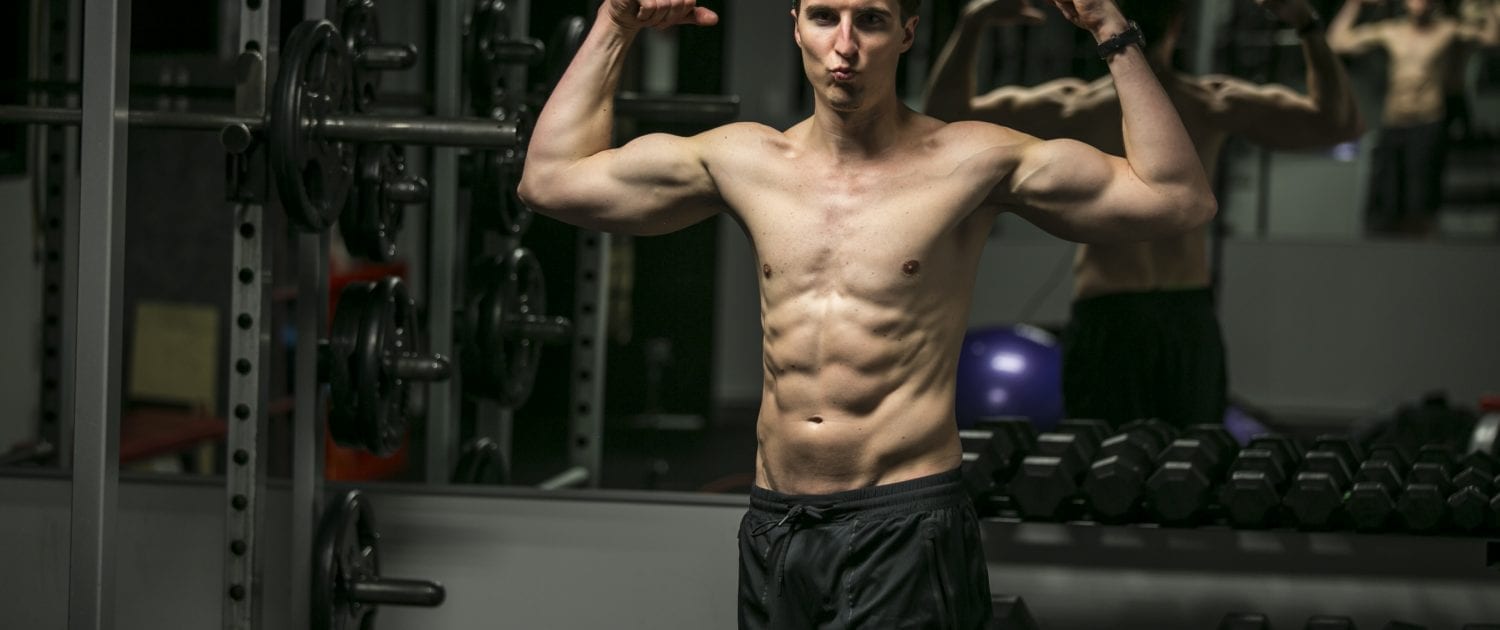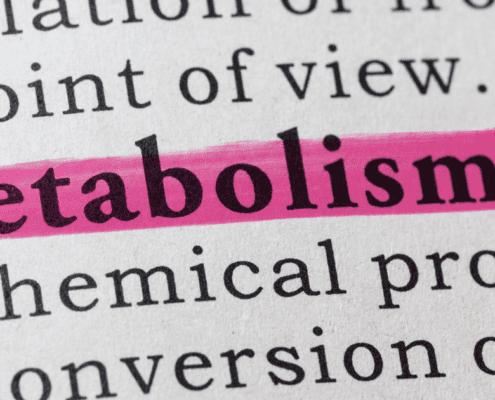Body Dysmorphia: What It Is, My Experience, and 2 Ways To Deal With It
Last Updated: Aug 19, 2021 by Michael Fouts
Estimated reading time: 5 min
Let’s Talk Body Dysmorphia.
First, what is it? The definition according to the Mayo Clinic is:
A mental disorder in which you can’t stop thinking about one or more perceived defects or flaws in your appearance — a flaw that, to others, is either minor or not observable. But you may feel so ashamed and anxious that you may avoid many social situations.
I want to talk about it from a general physique standpoint, in terms of how you look in the mirror with different body fat percentages. And, I’m going to talk about it all from a first-hand experience standpoint, because I have an admission: I struggle with Body Dysmorphia.
I’m not sure when it exactly started, but I’ve always been concerned about how I’ve looked in the mirror. As I got older, started working out more, started working in a gym, and then fast forward 8-10 years and becoming a Personal Trainer, it got progressively worse. I would never say it got out of hand, but I was never “happy” with what I saw in the mirror.
In my opinion there are two types of Body Dysmorphia as it pertains to your physique:
- Forward Body Dysmorphia: this type of dysmorphia is forward-looking. You are never quite happy with your current body and always looking to get a little leaner, have a slightly bigger chest and/or biceps.
- Reserve Body Dysmorphia: this type of dysmorphia is reflective. This is particularly attached to a physique you once had where you looked really good. With this type of Dysmorphia you are attached to a physique level of yourself that you once had that was the “best looking version of you.” When you are not physically looking that way, you aren’t happy with how you look; this is very common amongst bodybuilders that do shows.
I think many people can relate to either one of the above forms, or both. And, they can appear in different severities.
As a Personal Trainer there is a lot of pressure to look a certain way, people judge you for the way you look as an indication of how much you know/how good you are at your job.
At the time of writing this, the cover photo for this blog post is a version of me that I have reverse body dysmorphia with. When I look in the mirror, I’m comparing myself to that version of me. This isn’t necessarily a bad thing, I’m an ambitious person and I’m always striving for something ahead of me. That’s what motivates me and I don’t think there is anything wrong with that. However, when it consumes you and you are acting irrationally because of it – that’s when it can be a problem. What I think is important to address is the severity in which Body Dysphoria dominates your mental space.
So, whether it’s a slight after-thought, or it consumes your mental place, there are 2 things you can do to help:
1. Stop comparing yourself to others. This will help with forward body dysmorphia. It doesn’t hurt to aspire to have someone else’s physique, but understand that when you’re comparing yourself to another ideal physique, whether it’s a Magazine cover or someones Instagram, understand that these are the “highlight reel” versions of those people. Chances are they don’t walk around 365 days looking like that. And, if for whatever reason they do…see point #2
2. Know where to draw the line in the sand that makes sense for YOU. People naturally have different physique levels based on their lifestyles, their job, how active they are, their social activities, etc. Obtaining extreme physiques, for some, requires incredible sacrifices that might not be worth it; and sometimes it can just be downright unhealthy.
Related read: Having Abs May Not Fit Your Lifestyle – And That’s Ok
So, make a personal choice of what you are willing to sacrifice. Do you still want to drink alcohol? Go out with friends for wings once a week? Have pizza or date night once a week? What are your non-negotiables, what are you not willing to give up, and how does this fit in terms of the physique you’re able to maintain?
This will vary from person-to-person, but once you know where your “line in the sand” is, accept that this is the best place for you – at least maybe right now – and be guilt-free with that decision. You can always change the line along the way.
I’ll finish with saying that personally I don’t think I’ll ever stop comparing myself to that “best version of me,” whatever version it is at that given time. But, like I alluded to earlier that’s just who I am. I like to strive towards goals and that’s how I motivate myself. I also don’t let it consume me, rather it’s more of a on-going mental reminder of where I’m wanting to go. Additionally, I now consider everything from a more holistic viewpoint and there is more context added within my “best version” depiction, and not just a simplistic visual representation.
Related read: Your Physique Isn’t Indicative Of Your Health
I remind myself to consider how I felt – physically and mentally. Sometimes when you’re at a low body fat percentage, for lack of better words, sometimes you just feel like shit. You lack energy, your sex drive can be close to non-existent, and you have a hard time regulating your temperature – it’s often hard to stay warm without a hoodie or jacket. Mentally, you obsess over the amount of calories you consume and you tend to be anxious in social settings where calories are plentiful.
Performance is another thing I also consider. How strong was I? How quick could I recover? What was my endurance like? These are important for me as I play a lot of Squash, Ball Hockey, and do Triathlons in the summers.
Lastly, I take into account what sacrifices I’m will to give up at that time. Am I willing to restrict my intake of soft warm cookies (I have a thing for warm soft cookies…)? Moderate intake of beer and eating out with friends and family? These are things I enjoy, so there’s no way I will restrict them indefinitely.
***
For any of you that want to do a little more reading on the subject, Layne Norton has a good post about it here. Also, Guillermo Escalante talks about it here too.
***
My goal with all of the above was to help acknowledge a problem for those out there that knowingly, or unknowingly struggle with body dysmorphia and offer some possible ways to deal with it – in a healthy way.
Till next time,
-Mike






